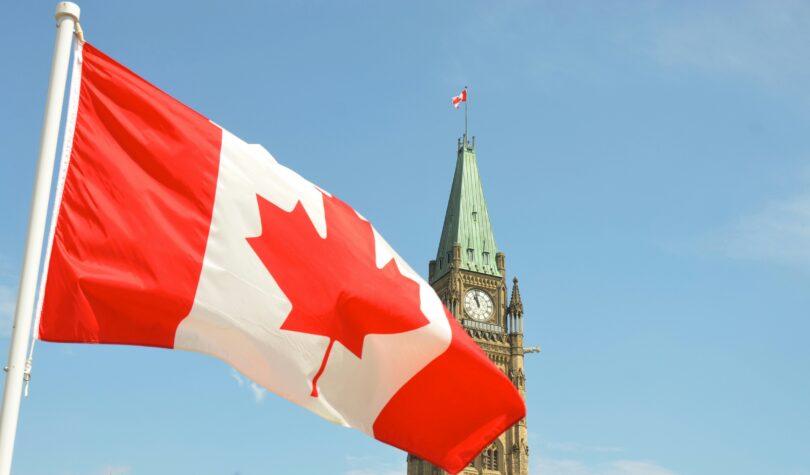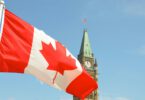Canada has rolled out a crucial update to its visitor visa policy as of 7 May 2025, and all foreign travelers, including tourists, business visitors, students, and transit passengers, are required to double-check their access conditions before scheduling their flights.
Whether you are flying for a holiday, a short program, or even passing through a Canadian airport, this update could impact your travel intentions.
ALSO SEE: How to Get a Job in Canada in 2025 – Complete Guide
WHO REQUIRES A VISITOR VISA (TRV) TO ENTER CANADA
The Canadian authority has explained that many foreign travelers will still need a visitor visa, also described as a Temporary Resident Visa (TRV), to enter the country. This is applied to people making plans to:
- Go trips on tourism and relaxation travels.
- Go to see family and friends living in Canada
- Go for short-term academic programs or seminars
- Transit via Canadian airports en route to another location.
MEANING OF A VISITOR VISA (TRV)
A Canadian visitor visa is a formal document stamped inside your passport. It is administered as evidence that you have fulfilled Camada’s access conditions. Immigration officials may award either a single-entry or a multiple-entry visa.
- Single entry (one-time usage)
- Multiple entry (authentic for multiple visits, automatically up to one decade or until your passport or biometric information expires).
THE DURATION TO STAY IN CANADA ON A VISITOR VISA
If you hold an authentic Temporary Resident Visa (TRV), below is what you can anticipate:
- Standard stay: Common law permits many visitors to remain in Canada for a maximum of six months for each entry.
- Customized periods: Border services officials at the port of entry possess the authority to award a stay that is either longer or shorter than six months. This period will be shown in your passport or on a document described as a Visitor Record.
- No passport stamp: If your passport does not get a stamp upon landing, you are automatically permitted to remain for six months from your date of entry or until the earliest expiry date of your passport or biometrics.
- Super visa exception: Holders of a super visa who landed in Canada after 22nd June 2023 are allowed a prolonged stay of five years for each entry. This visa is particularly for parents and grandparents of Canadian nationals and permanent residents.
APPLYING FOR A TRV OR AN ETA
Before presenting any request, Canada demands travelers to verify whether they require a Temporary Resident Visa (TRV) or an Electronic Travel Authorization (eTA).
Your entry condition is based on the following:
- Your country
- Kind of passport (regular, official, or diplomatic
- Your nation of issue
- Mode of travel (sea, land, or air).
Major point: Most travelers are visa-exempt and only require an eTA, mainly when traveling by air. Hence, the same travelers may still need a TRV if landing by sea or land.
OTHER CANADIAN VISAS TO KNOW ABOUT
Apart from the visitor visa, Canada provides so many other access choices tailored to certain requirements:
Super Visa
- Formed for parents and grandparents of Canadian nationals or permanent residents.
- Authentic for 1 decade with 5 years stay for each entry.
- Needs evidence of personal medical insurance from a Canadian insurer
Study permits
- Needed for educational courses longer than six months
- Short-term students (those younger than six months) can use a TRV or eTA based on their qualifications.
Work permits
- Compulsory for international citizens employed by Canadian employers
- It comprises the Temporary Foreign Worker Program (TFWP) and the International Mobility Program (IMP).
Transit Visa
- Even if you are not going to Canada, most travelers require a transit visa to pass through the airport.
- Review conditions carefully depending on your pathway and passport nationality.
With Canada updating its visitor visa and eTA guidelines in 2025, knowing your access conditions is more crucial than before. Prevent last-minute surprises at the airport by reviewing the following:
- Whether you require a Temporary Resident Visa or eTA.
- The duration you can stay
- Further documents such as biometrics or insurance







